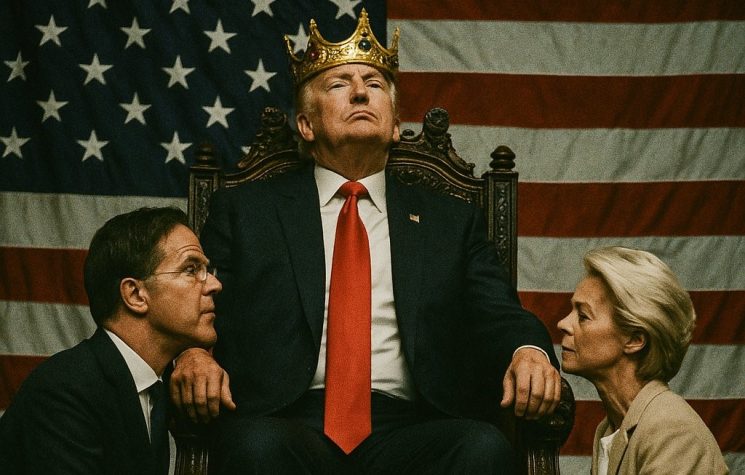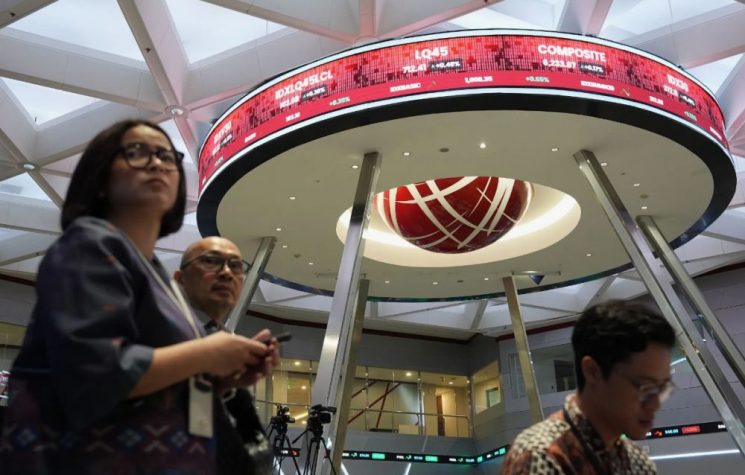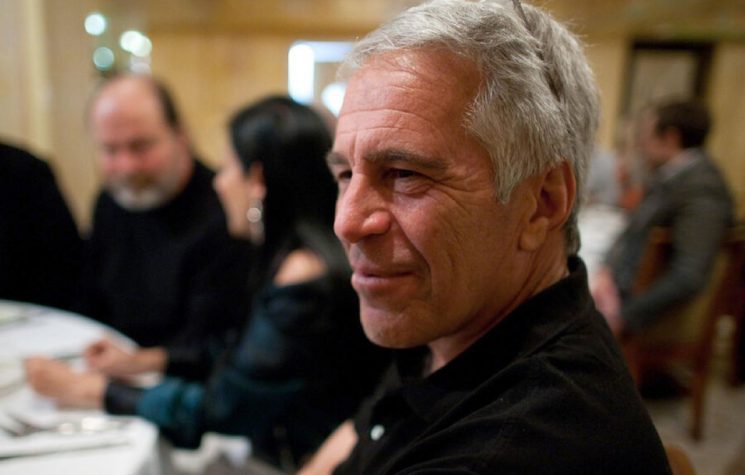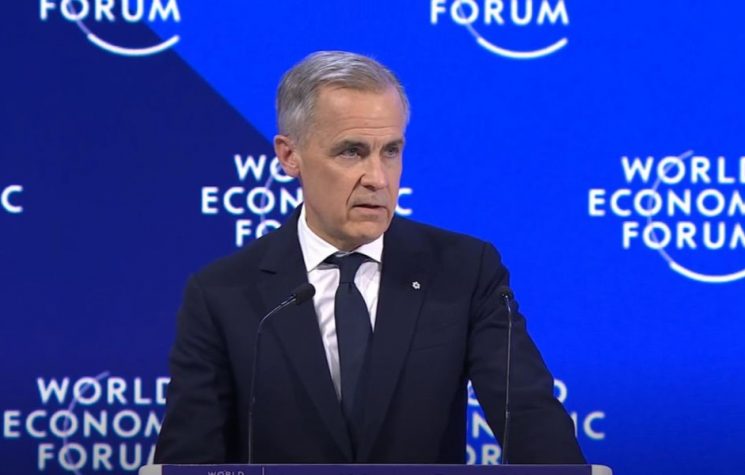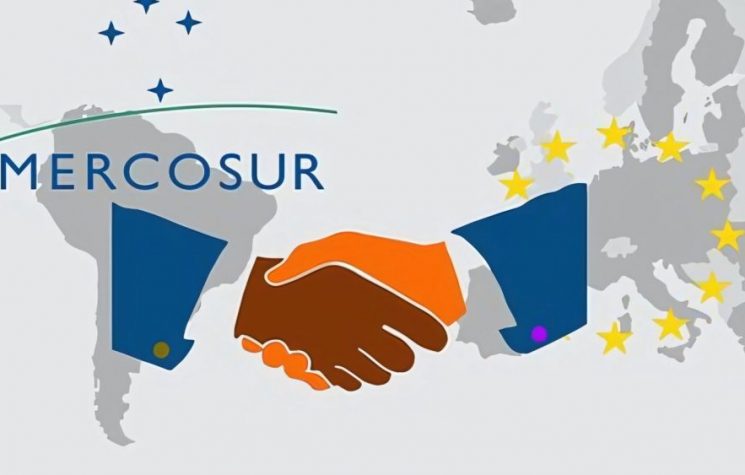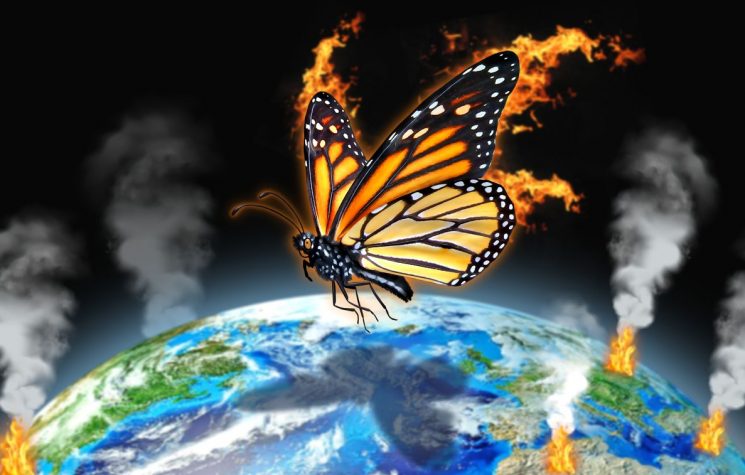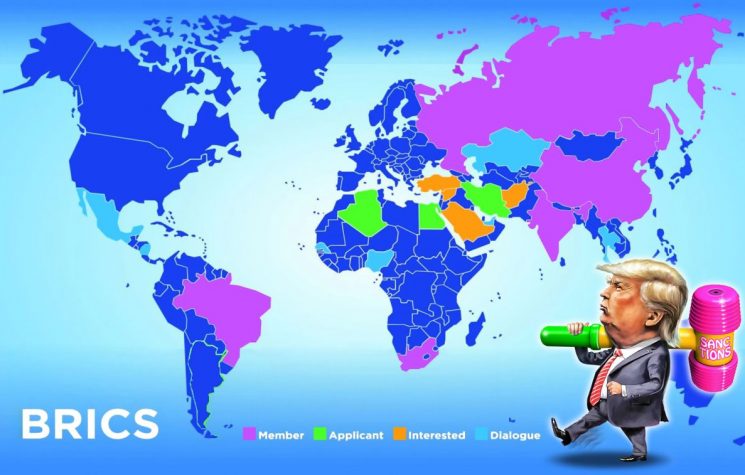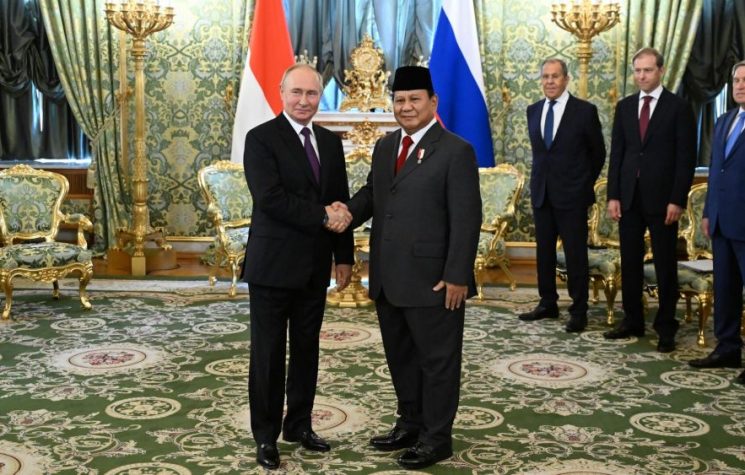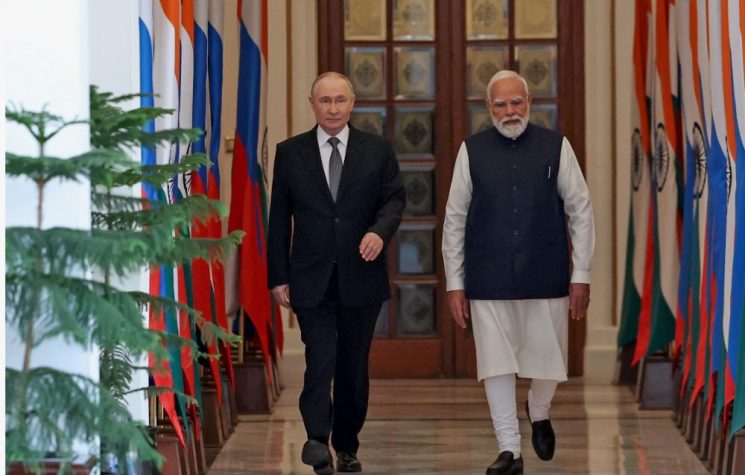Europe has the elements to multi-culturalism buried within memory. We do have common sources that reach far-back.
❗️Join us on Telegram![]() , Twitter
, Twitter![]() , and VK
, and VK![]() .
.
Contact us: info@strategic-culture.su
(This article is based on a paper given at the XXII International Likhachev Scientific Readings, St Petersburg University of Humanities and Social Sciences, 12-13 April 2024)
In Rome, there still exists – just – the Domus Aurea, the golden house. This was a vast complex built by Emperor Nero on the Oppian Hill after the great fire of 64 CE. Strikingly, it was based on the Architecture of an ancient Egyptian temple and was magnificently decorated with birds, panthers, lotus flowers and divine entities – again, all nature, in the Egyptian mode.
Indeed, Nero modelled himself as a Pharaoh in the shape of Ra, (or Apollo, if you prefer). And as the bridge between the material world and the immaterial.
Long story short, within 70 years, all trace of the Domus was gone. It had been ‘cancelled’ (in today’s parlance): stripped, and simply filled-in with earth; built over and completely forgotten.
The shift to the one dimensional ‘world’ was at the doorstep.
But then, in 1480, a young Roman walking on the Oppian Hill fell into a hole and found himself in a strange cave floating with beasts, plants and figures. He had fallen unwittingly into Nero’s palace. Romans had completely forgotten even it had existed.
Soon, the great artists of Rome were having themselves lowered on knotted to ropes, to see for themselves. When Raphael and Michelangelo crawled underground and were let down shafts to study them, the effect was electrifying, instant and profound.
This is the world we in the West have lost: The ancient world’s diversity and its metaphysical excitement.
After this momentary ‘flicker’ as the Renaissance took hold, the text of the Corpus Hermetica, known to antiquity, and thought to reach back to the ancient sage, Thoth, serendipitously arrived and was translated in 1471.
This too, swept through Europe. It seemed to hold the allure of a possible defusing of the looming civil war between Protestant and Catholic.
The point here was that the Hermetic understanding of society and history – the world – was that of an integrated totality. It offered a more holistic perspective; one which can account for – rather than annul or strike out – the contradictions within the fabric of reality.
Contradictions and oppositions within history and understanding were, and are today, regarded as dangerous’ and signs of a threat to established order. The Corpus Hermetica offered a very different perspective. The contradictions were but multiplicity working itself out. Seen correctly, they underlined organic unity.
It was all too late: The multivalent revolution was stillborn. A radical Calvinist, Isaac Casaubon, was paid by James I of England to write in 1614 a ‘hit piece’ arguing that his philological analysis proved the Corpus to be ‘fake news’, largely authored by Christians in Alexandria.
Egyptian primordial philosophy was wholly de-bunked as heretic and magical. It never recovered. And by 1478, the Spanish Inquisition was afoot.
We know now that the Corpus did indeed reflect elements of the oldest Egyptian teachings, dating back 4,500 years, or more, and certainly to the early Old Kingdom.
The bubble anyway had burst. The Hermeticists were discredited; some were burnt alive, and Europe duly was wracked by Inquisition dogma and burnings. It is estimated that between the Inquisition and the Great Witch Scare, some 10,000 Europeans were burnt at the stake or drowned.
Eschatological Dogmatism
Today, western Europe is seized again by enforced dogma: an eschatological dogmatism, just to be clear. Just as Israel today sees itself as a redoubt against the ‘end of all things’, and accordingly militarises and is willing to dispense military violence to preserve its vision of itself, so too, Europe though less plausibly is taking a ‘secular eschatological stand’ (if that is no oxymoron) to crush Russia’s refusal to embrace the ‘new moral revolution’, and for its leading a global counter-revolution.
Western Europe today is as if it were St Petersburg of early 1917, after the February Revolution, though our ‘Bolsheviks’ have long since arrived at Finland Station (since the 1970s at least).
We, in western Europe, are in a period of revolution and civil war: History tells us that civil war tends to be extended with peak episodes that are viewed as ‘revolution’ (i.e. BLM street protests), but which in reality are alternate modes of the same; the long toggling between revolution and cultural war.
One cannot but notice how bad-tempered Americans and Europeans generally have become. Calm, reasoned discussion of issues is gone; Yelling, emotivism and ‘othering’ is commonplace. These are dark omens for the future.
The premonitions are a gut feeling, Tucker Carlson says: “There are “angry people who feel like they have no recourse, who don’t think elections are real…”.
Why has western society been so supine, so unreflectively supportive to the sheering away of its civilisational ethos? It is truly paradoxical that half of western society sees a revolution, yet the other is too distracted, or simply does not notice. There is no simple answer to this paradox.
Yet, it was thus also in St Petersburg. General Wrangel (a Tsarist officer and commander) wrote in his memoirs about arriving in St. Petersburg in February 1917 (after having thrashed a man on the train with a red ribbon for insulting a woman). He was appalled, on arrival, to see the widespread disorder and profusion of Communist paraphernalia – and most of all, the red ribbons and flags.
He wrote of his shock that the people as a whole, and the upper classes in particular, acted as if everything was normal: They paid “no heed to the approaching storm”.
Put bluntly: the appearance of normalcy, it seems, says nothing about whether a society is about to founder.
Today, our élites too, sport a ribbon – not red, but a Rainbow one.
Imagined Realities
The late American thinker Christopher Lasch, near the end of his life, concluded that the American upper class had essentially seceded from the American nation and emigrated into a separate reality in which they envisaged the disassembly of the existing western Order, in the name of justice and retribution.
The contemporary French philosopher, Emmanuel Todd, concurs; suggesting, in La Défaite, that America, is no longer a nation-state, but a nihilist empire, in constant revolt against its own past and with a ruling élite determined to break the preponderant hold of the white, blue collar and middle classes over American society.
Todd notes that this secession has given birth to “a breath-taking dogmatism across the spectrum of Western élites, a kind of ideological solipsism preventing them from seeing the world – as it actually is”.
Nonetheless most in the West still just ‘don’t see it’; they cannot admit that the Revolution’s objective (though it is not hidden) is that these well-to-do, ribbon-wearing members of the middle classes are precisely the ones (not the technocratic-élites) that the cultural revolution targets; seeks to displace, to subordinate – and to sanction.
To sanction them as redress for historic discrimination and racism; not for who they are now, but for who or what their ancestors may have been. To further this aim of ‘rotating out’ the predominantly ‘pale, male and stale’ western Middle Class from their ‘privileged positions’, the Revolutionaries injected their ideological opposition to national borders and the embrace of something like open-door immigration.
Adjunct to this has been the revolutionary ‘transition’ from a real manufacturing economy – the mainstay source of employment for ‘deplorables’ – to a new high-tech, ‘Climate’ focussed and AI-driven economy, which these new diverse elites would find easier and more amenable.
Meanwhile, in this scenario, blue-collar ‘deplorables’ – as the real economy inevitably atrophies – become economic outliers, an ‘expendable’ sector.
Just to be clear, when an ideology – in open revolt against its own past – claims ‘a man can become a woman, and a woman a man’ in such an explicit affirmation of falsehood, it has a direct purpose: It is obviously intended to draw the line under the western (Latin) Christian tradition. This is also Emmanuel Todd’s prime conclusion.
Enter the BRICS
What might be the lessons here for the BRICS?
Firstly, these cumulative ‘transitions’ clearly require mammoth money-printing. This was just about manageable when the project could be financed at zero cost interest rates; but the scheme’s Achilles’ Heel of inflation and spiking interest rates has arrived. The exponential western debt explosion to fund ‘transitions’ now threatens to take the entire ‘revolution’ into financial crisis and collapsing standards of living.
The tool of ‘free money’ facilitated many things but has proved lethal. It created inequality of a kind not seen for generations (though familiar to Russians who recall the 1990s), a polarised politics, and huge financial bubbles.
However – and secondly – the flood of fresh money opened the door to new media: Platforms that previous had relied on selling the news were replaced by entities beholden to advertisers that only cared about grabbing people’s attention and selling it to the highest bidder. A new economy of attention arose.
The Power Strata ‘got it’; they were delighted. So, thirdly then, words no longer needed to have objective meanings. Everything is about ‘attention’ – however achieved. True or false. That’s what the advertisers wanted. Words could mean what those in power say they mean. The ‘truth’ behind the narrative was irrelevant. They could lie freely.
Fourthly, the West – in wilfully propagating and imposing a morally vacuous ideology that has no appeal in most countries and cultures of the world – simply has no clue as to how much of the world rejects the value system of contemporary globalist neoliberalism. It repels, rather than appeals to them. So, the western Nomenklatura doubles-down on enforcement.
The question before us then, is how will the global, multi-polarity bloc manage a West edging towards moral, political, and possibly financial collapse? Is a peaceful accommodation between the BRICS and the West possible?
Will the West come out ‘the other side’ of their cultural revolution as a more amenable potential BRICS partner? Or will the West come apart with prolonged in-fighting? The post-war history is not encouraging: It is that of the West attempting to keep itself whole through creating a Manichean enemy, around which it can gather and unify.
History suggests too that even with some accord, the Revolutionaries seldom agree fully to revert back to the Old Constitutional Order. There will be a new one, perhaps some return to confederation in the U.S. and Europe. This, for now, is pure speculation.
The cold reality is the ‘Blue Revolutionaries’ in the U.S. own the wealth, the key institutions in society and the levers of enforcement. To be plain, they hold the ‘Commanding Heights’.
Yes, a nascent counter-revolution – mainly in the U.S. (and somewhat in Europe, too) – is building; they are (rightly or wrongly) defiantly unwilling to recant traditionalist moral values, nor are they prepared to assume ‘guilt’ by submitting to the demands for ‘reparations’ for historic injustices.
The point here is obvious: Is this counter-revolution going to be enough? Whilst Emmanuel Todd believes that the situation is so far gone that there is no hope of saving Western civilization, and turning back the clock, others hope that there is still time to salvage something. Let us see.
What then is the ‘tiny’ fulcrum around which some common ground betwixt BRICS and the West eventually might be found?
The schism has arisen with BRICS partly because the non-West now sees only too clearly that the post-modern West is not a civilisation per se, but rather something akin to a mechanical ‘operating system’ (managerial technocracy). It does not fit the Multipolar blueprint, as it is no longer a civilisational state.
Europe of the Renaissance, in marked contrast, did consist of civilisational states – but subsequent European nihilism prevailed.
Today’s western myth of being the inheritor of superior values from Athens – ‘from Plato to NATO’, if you like – has proved a fatal conceit. It undergoes various makeovers of narrative to claim that the West somehow is ‘winning’, but its new narratives lack conviction.
So, here we get to the the root of it: the biggest hurdle for the BRICS in trying to negotiate a peaceful modus vivendi with the western sphere is that by being ‘a self’; in being an unique civilisational-state is inseparable from existing in a space of moral issues.
It is not enough just to declare that ‘one is multi-polar’. True non-alignment must mean what the Algerian writer Franz Fanon called ‘disalienation’ – a commitment to action; an invitation to take real steps towards autonomy and sovereignty.
A Sensibility to the Numinous
Is it possible for BRICS states to keep a foot in “a world, cut in two”? Likely not – at least until the U.S. and European Cultural War arrives, at least, to some partial outcome. Being a participant in the western financial system – alone – becomes highly problematic because of its social toxicity; but the insurmountable obstacle, plainly put, is that the main impetus to western mechanistic epistemology is derived from a teleological anti-morality.
Put starkly, the ‘new values’ we are seeing are intended to drive a stake through traditionalism. Where is the stake thrust? It strikes at what BRICS members have in common on the plane of moral issues, which might be called a sensibility to the numinous. Much of contemporary western thinking simply ignores the dimensions of our moral consciousness and dismisses it, as either confused, or irrelevant.
The point of commonality is that all the BRICS civilisations employ ‘strong evaluation’. That is, they all involve the ability to discriminate between right and wrong; justice and injustice; and of dynamics that uplift, and those drag society down.
Our ability to discriminate on these key issues lies deep within us. But it is precisely here where the BRICS might seek common cause with Europe. They could adopt a moral language that resonates within the vestiges of such moral sentiments that still linger on in the West.
With the rediscovery of the Domus Aurea and the Hermetica, the Italian Renaissance believed itself to have rejoined the ancients in spirit – a release, after the Middle Ages had brought barbarian repression and the closing of the European ‘mind’.
Thus, when Florentine Neo-Platonism became the dominant view, it is understandable that those artists like Michaelangelo, who had been lowered into the Domus, viewed its distinct beauty as connecting them to the wider world of earthly beauty. This experience was seen by the artists of the time to be the mortal veil through which we discern eternal human values, shining out through the veil.
Their moral reaction then, was so to speak, an assent, an affirmation of what it is to be human. It is over the latter experience that a dark epistemological cloud of subsequent empiricist or rationalist theories of knowledge has hung.
What makes any conjuncture of this nature so subject to fiery passions is simply that anything that was good and true about Western civilization is preserved and thriving in Russia. This is the unspoken insight that so infuriates the western élites. And it is also why, in part, BRICS states so evidently look to Russia for leadership.
In a sense, Russia fell into the hole on Rome’s Oppian Hill when Russians flung open the doors to its churches after the Communist period, and people poured in. Orthodoxy and traditionalism somehow self-ignited. Russia was finding a new ‘Self’.
This occurrence perhaps was impelled in part, by the fact that when Byzantium fell in 1453, bringing to an end the millennia-old Roman imperium, Russia found itself in a unique position. It was now the only Orthodox Christian power remaining in the world.
This fact created a sense of world-historic religious siege; surrounded on all sides by Islam, Roman Catholicism, and Turco-Mongol Khanates, Russia itself became a prototypical Eschatological Garrison State – the last redoubt of authentic Christianity and of meaning, beyond the literal world, in the wider Hartland.
As I have indicated, Europe has the elements to multi-culturalism buried within memory. We do have common sources that reach far-back. That is the hope; but first, we in the Atlanticist West, must dispense with the charade of today’s fabricated European values.
















